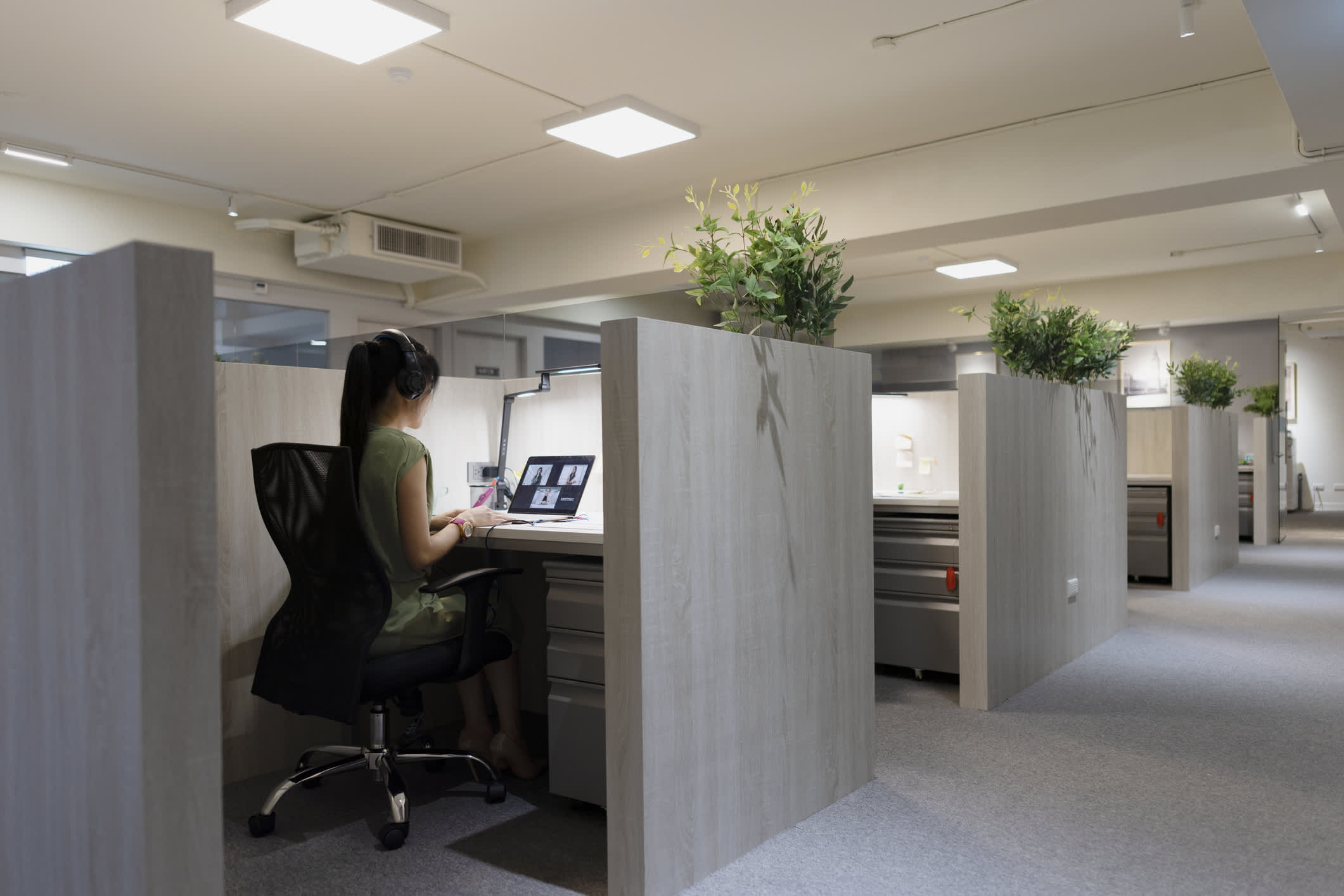Remote work is still ‘frustrating and disorienting’ for bosses, economist says—their No. 1 problem with it::Although some bosses have recognized the benefits of workplace flexibility, many are still hesitant to adopt remote work permanently.
Summarized: micro managing remote workers is harder, and that’s apparently a bad thing according to CEOs.
People will really do such incredible mental gymnastics to avoid actually learning how to quantify business value. If you don’t know how to measure the value an employee has brought to your company, you don’t deserve the title of CEO, as that’s pretty much your job.
My job for years was building maintenance. From doing it on my own at small places to leading teams. One of the last places I worked at was a theme restaurant that had me and a part time person. The job started at 4am so I would be out of the way before they started serving guests. I had a great boss that was moved to another location, after 3 years, the new boss hated me he constantly asked me to prove my work, told me straight out that he couldn’t quantify my labor cost. The first meeting we had he told me straight out that he didn’t understand the position and didn’t know why I was there. Needless to say I was fired after 4 months with him.
Fixing things before they break? What an alien concept
Where my wife works they don’t fund the maintenance department, instead they put a maintenance expense in everyone else’s budget and make facilities bill them like they are an outside contractor. Stupidest business model.
So basically, bosses can’t deal with the fact that they can’t step out of their room and yell at people, and therefore still want to inconvenience everyone.
Ijbol at the picture of an office floor with actual cubicles. That’s a shitty office from the 0’s or earlier. Now the shitty office standard is a bunch of shitty tables with zero privacy and everyone smushed together, for ‘teamwork’.
And the employee is on a zoom call, it looks like.
Before cubicles, it was all open floors or offices. If you weren’t high up enough for an office, even a shared one, you were out in the cattle pen. Office work has always sucked for anyone not in management.
I recently left a WFH only company. The environment was toxic and there was definitely some insecurity on the part of management regarding worker productivity. There was a much larger emphasis on constantly showing to management what you were working on and proving you were using your work day productively.
It was a culture shift I didn’t adapt well to and left.
I appreciate ongoing conversations about this, but I think they tend to be too broad. Managers aren’t worried about the remote workers who are productive and reliable. The worry is the people who aren’t. On my team, you are fully remote as long as you meet expectations. You don’t, you return to office.
My wife’s company recently went from a hybrid 2 days in office per week to 4 days. One month later, they’re walking it back to 3 days because even managers were choosing to work extra days from home “so they could focus.”
They only mention it once, but I do have issues with mentorship in a remote work environment. I just personally haven’t been able to make it work. I’m sure some do.
I have some faith that eventually we’ll all work it out. Just going through some growing pains.
Managers aren’t worried about the remote workers who are productive and reliable. The worry is the people who aren’t. On my team, you are fully remote as long as you meet expectations. You don’t, you return to office.
Fine, but that mean that they have no way of measuring productivity other than the “I see him doing his work” or “I see him at his desk” methods.
They only mention it once, but I do have issues with mentorship in a remote work environment. I just personally haven’t been able to make it work. I’m sure some do.
This is a minor problem. You can implement a progressive WFH policy where the new hires must be in the office with their menthor for the initial training period and then begin to WFH for more and more days. The downside is that the company need to return to hire locally which could means to pay the new hires higher salaries.
I was an IT manager for a decade and it was much easier for me to keep my finger on the pulse of remote employees than in-person. It’s not rocket science.
I think it’s a generational issue too for some people. They just aren’t used to working online
I don’t know about that. I have two older women living in my condo building who started working remotely when COVID started, and they said they got used to it quickly.
Considering all my management besides my direct manager is remote, blows my mind that my coworkers and myself need to be in. I work in IT






